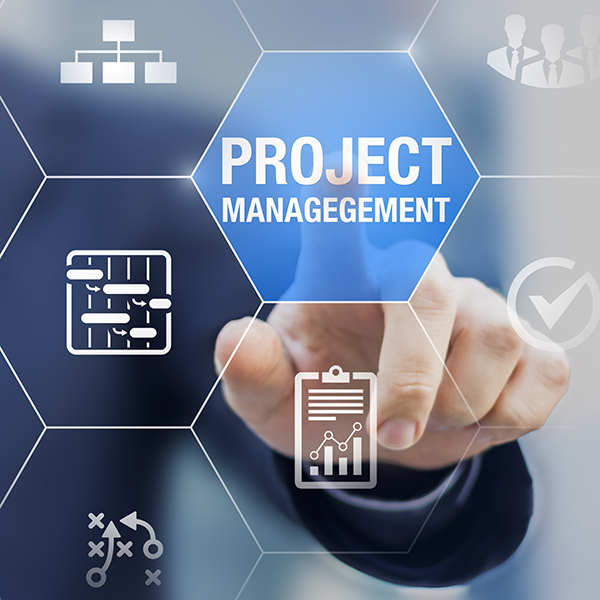
From awareness to sustainability. Why is it so important that managers leading companies put the human element at the centre? Arrigo Berni and Josip Kotlar explain, presenting the Executive Programme in Leading with Purpose
Facing the challenges of the present supported by a conscious intention, a reason that pushes us to pursue an objective. In a word, purpose. It’s the test that awaits the leaders of today and tomorrow, called on to deal with increasingly interconnected scenarios and challenges and with consumers who evaluate brands based on their contribution to society: «In the last decades, material living conditions have improved enormously at the global level. And human nature is such that from the satisfaction of a class of needs, in this case material ones, new ones are born, in this case immaterial, of meaning», explains Arrigo Berni, founding partner of The Mind at Work Italy and Adjunct Professor at MIP. But not only. The progressive worsening of environmental conditions imposes a rethinking of the reasons at the basis of economic activities: «Defining the purpose of an activity is essential to bringing the human aspect to the centre of business in a coherent fashion», explains Josip Kotlar, director of the Executive Programme in Leading with Purpose offered by MIP Politecnico di Milano with the collaboration of The Mind at Work. «Until now we have seen a sort of division between economic and corporate social responsibility activities. Our intention is to use purpose to promote a more integrated vision of these two aspects which are not separate but must go together to be sustainable».
Awareness, the key for complexity
A sea change, that requires enlightened leaders: «Intentional leadership», explains Berni, «is characterized by great self-awareness and by the ability to give a meaning to reality, rather than reacting to it. In addition to this, a purpose-driven leader has the ability to develop collaborative relationships with others and to correctly interpret the situation in which they operate».
An approach that can be read as an evolution of the methods by which people have always tried to come up with effective strategies. As Kotlar explains, «it’s important that decisions are guided by what we can define as “conscientiousness”. Today, however, the traditional tools with which decisions are made are commodities available to every company. They no longer represent a competitive advantage. New approaches are needed that lead to conscientious decisions. Purpose is important because it provides a new set of tools with which to manage complexity, without restricting oneself to a technical, and therefore limited, vision of the world».
Sustainable change involves purpose
The advantages of leadership inspired by purpose are due above all to abandoning a vision superficially focused on “what” and “how”. «An approach », stresses Berni, «that sacrifices awareness of the intentions underlying a decision and that leads to results that not only are not very sustainable over time, but also fall short of their potential, because it doesn’t’ transmit energy to the entire organization». If you let yourself be guided by purpose, instead, «results are based on structural changes and therefore are sustainable over time, because they are children of a systemic vision of the company. Results are also better, because they are the fruit of more energy, both at an individual and collective level».
A course to develop your strengths
Motivated by the desire to encourage positive change in the world, MIP Politecnico di Milano decided to launch the Executive Programme in Leading with Purpose: «It is based on the innovative digital learning model FLEX», explains Kotlar. «It combines impact learning with maximum flexibility. The programme is composed of eight thematic modules, each consisting of a combination of brief clips, a live question-and-answer session and four interactive lessons. It concludes with project work that allows participants to put themselves to the test with real projects; it also offers a coaching session that supports participants in working on themselves, to discover and develop their inner strengths, to improve the ability to innovate, develop entrepreneurship and other characteristics of leadership. It’s a programme that allows for broad flexibility in one’s personal path».










